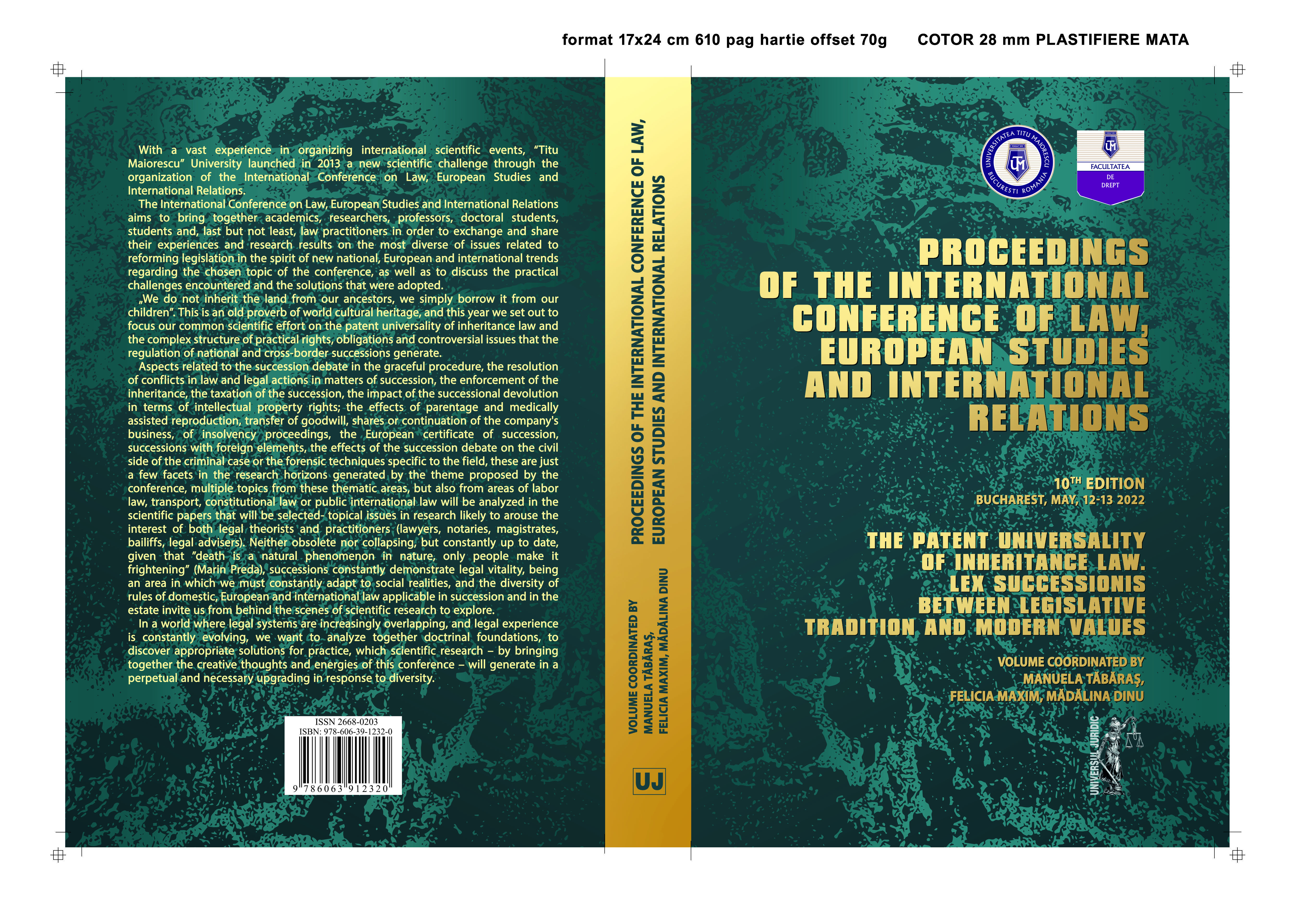FLEXIBLE WORK SCHEDULES IN THE EUROPEAN AND NATIONAL „SUCCESSION” OF REGULATIONS
FLEXIBLE WORK SCHEDULES IN THE EUROPEAN AND NATIONAL „SUCCESSION” OF REGULATIONS
Author(s): Monica GheorgheSubject(s): Law, Constitution, Jurisprudence, Civil Law
Published by: Universul Juridic
Keywords: flexible work; Directive (EU) 2019/1158;
Summary/Abstract: Directive (EU) 2019/1158 of the European Parliament and of the Council of 20 June 2019 on work-life balance for parents and carers and repealing Council2 Directive 2010/18/EU establishes a new right for workers with children up to a certain age and carers to request flexible working arrangements for care purposes. While the flexibility of working relation is one of the main objectives of EU policies3, EU law has begun to provide the right for workers to benefit from flexible arrangements regarding working time through gradual, fragmented attempts. The regulations have been strengthened following the impact of the COVID pandemic on the organization of working time. Art. 3 letter (f) of Directive 2019/1158 defines flexible working arrangements as „the possibility for workers to adjust their working patterns, including through the use of remote working arrangements, flexible working schedules, or reduced working hours”. With this study, we aim to examine the right to request flexible working arrangements as regulated by the Directive, to mention other measures that already exist in European law and to establish a connection with them, as well as to analyze the evolution of national rules in order to identify how flexible working time arrangements can be applied.
Journal: Conferința Internațională de Drept, Studii Europene și Relații Internaționale
- Issue Year: XII/2023
- Issue No: XII
- Page Range: 30-37
- Page Count: 8
- Language: English

